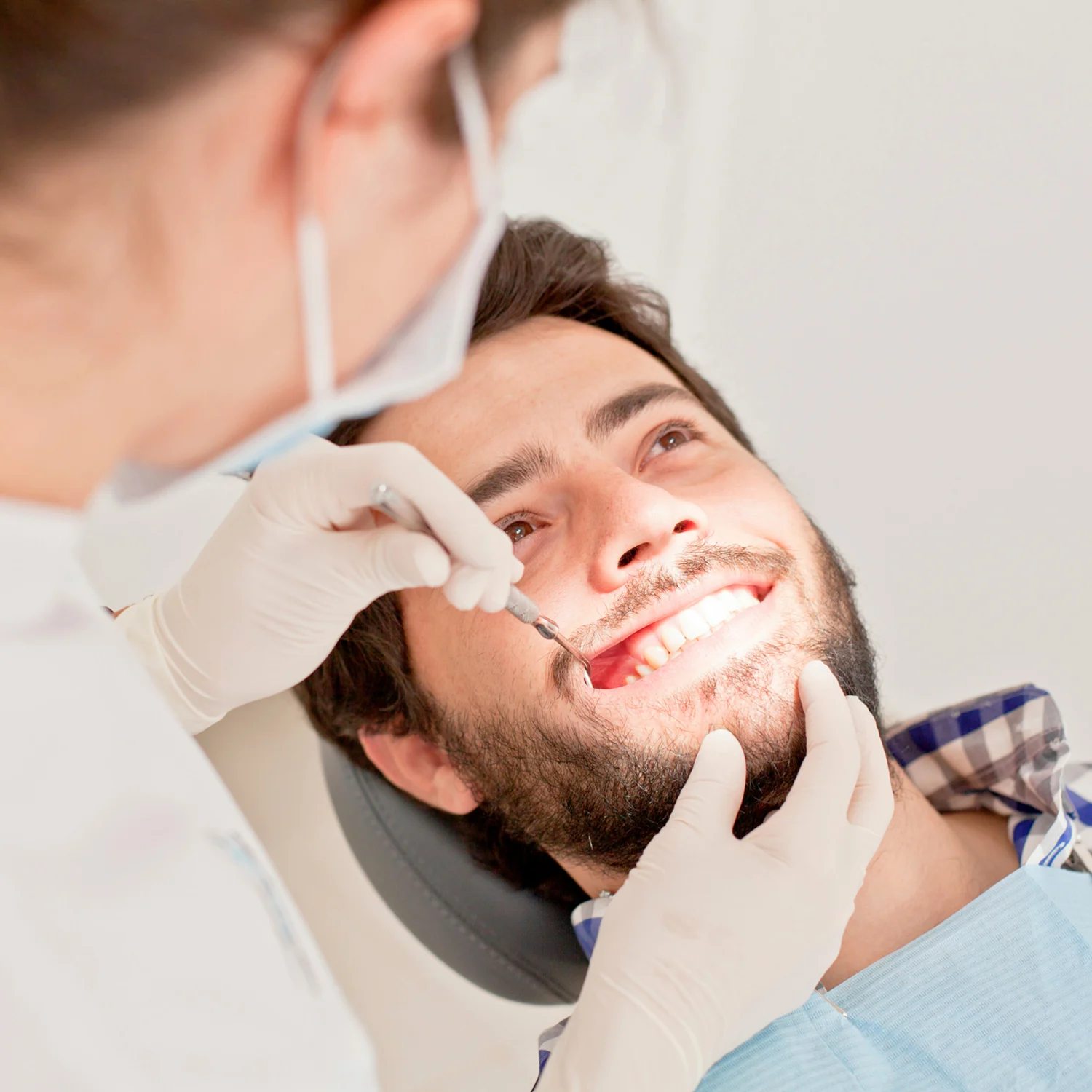Dental Emergency Cuffley
A dental emergency involves any urgent dental issue that requires immediate attention to relieve severe pain, stop bleeding, or save a tooth. Common dental emergencies include toothaches, broken or knocked-out teeth, lost fillings or crowns, dental abscesses, and injuries to the mouth or jaw. Prompt treatment is essential to prevent complications, infection, or permanent damage.
If you experience a dental emergency, it’s important to contact your dentist right away. Many dental practices offer same-day appointments or emergency care services. Until you can be seen, managing pain with over-the-counter medication and protecting the affected area—such as placing a knocked-out tooth in milk or saline—can help preserve oral health. Quick action can make a significant difference in the outcome of the emergency.

Benefits Of Treatment
- Pain Relief: Immediate treatment helps reduce or eliminate severe dental pain quickly and effectively.
- Prevents Further Damage: Early intervention can stop the progression of infection or injury, preserving teeth and surrounding tissue.
- Saves Natural Teeth: Fast action, especially in cases like a knocked-out tooth, can increase the chances of saving the natural tooth.
- Reduces Risk of Complications: Treating emergencies promptly helps prevent more serious health issues, such as abscesses or systemic infections.

Send Us An Enquiry
Frequently Asked Questions
What qualifies as a dental emergency?
Severe tooth pain, a knocked-out or broken tooth, uncontrolled bleeding, swelling, or signs of infection like pus or fever are all considered dental emergencies.
What should I do if I knock out a tooth?
Gently rinse the tooth (without scrubbing), try to place it back in the socket, or store it in milk or saline, and get to a dentist within 30–60 minutes for the best chance of saving it.
Can I go to the ER for a dental emergency?
For life-threatening issues such as facial trauma, swelling that affects breathing, or uncontrolled bleeding, go to the ER. Otherwise, contact an emergency dentist directly.
Is a toothache an emergency?
A mild toothache may not be urgent, but if the pain is severe, persistent, or accompanied by swelling or fever, it should be treated as a dental emergency.
What if I have a dental emergency outside of office hours?
Many dental practices have emergency contact numbers or on-call services. If unavailable, visit an urgent care clinic or hospital if the situation is severe.










